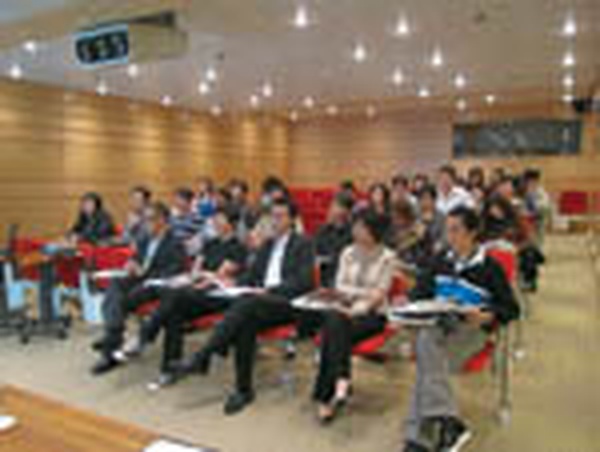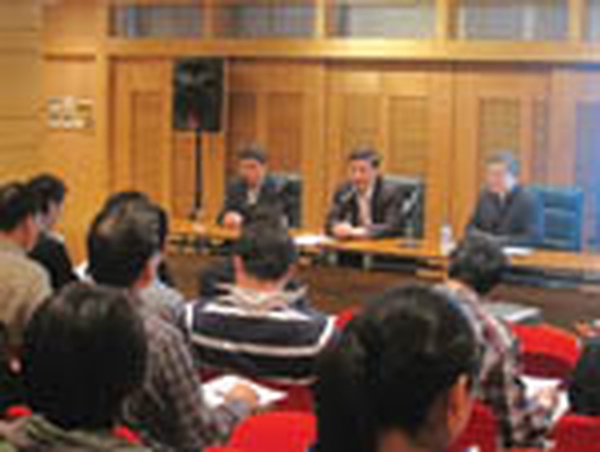Following the development of Macao’s sports industry, the number of sport-related activities increases every year. In response to the increasing demand for different kinds of facilities, it is necessary to strengthen the management of different sports facilities in order to upgrade facility maintenance quality as well as reliability and safety, while ensuring continuous operation and maximising the efficiency of sports venues.
To complement government policies in optimising the management of sports facilities and making full use of the multiple functions of all sports venues, Macao Sport Development Board lays great emphasis on staff training. In addition to the “Attitude towards Quality Services” training programme seeking to improve staff reception skills organised last year, the Macao Sport Development Board introduced innovative ideas to optimise the facilities management of sports venues this year, with a view to reinforcing and enhancing the professional knowledge of staff, which is conducive to the improvement of different facilities management in the future. With the assistance of the Macao Institute of Management, the Macao Sport Development Board organised the Facilities Management Introductory Course for its staff members in April and May. The course sought to introduce definitions and important components of facilities management from a macroscopic perspective, including three levels of facilities management, the nine core abilities, integrated planning and major operational targets, process management, risk management and the application of technology, etc.
The course was presented by Dr. Oscar Chan, Director of the Macao Institute of Management and senior professional facilities manager. Dr. Chan’s lively introduction combining theory and practical examples equipped staff with innovative ideas and work concepts related to facilities management, thereby enhancing their relevant professional knowledge and skills. This will undoubtedly enable them to appropriately address a variety of facilities management issues encountered in their daily lives, thereby increasing cost effectiveness and improving operational efficiency.




